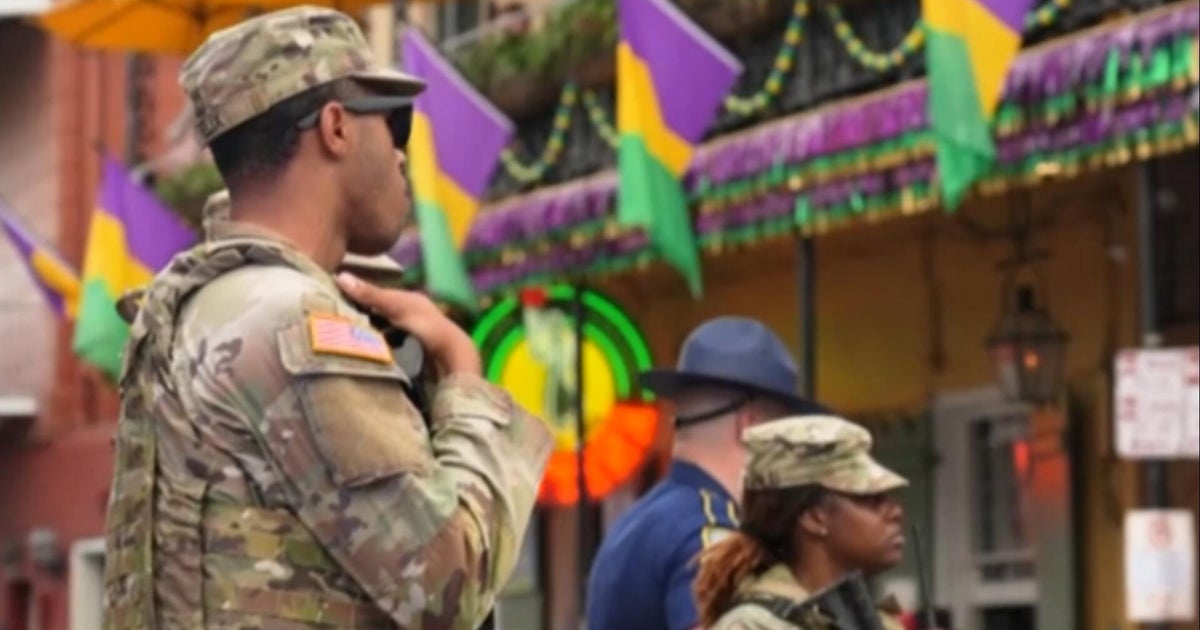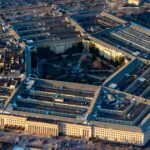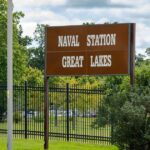National Guard Deployment Considered for New Orleans Amid Rising Safety Concerns: An In-Depth Analysis
In recent developments, President Donald Trump has indicated that New Orleans could potentially be the next city to see a deployment of National Guard troops. This statement raises various questions and concerns about the underlying reasons, the possible impacts, and the overall strategy of using military interventions in American cities.
Contextual Backdrop: Increasing Urban Unrest
Over the past months, the United States has been witnessing a notable escalation in urban unrest and public safety concerns. Several cities have experienced continuous protests, some of which have escalated into violent encounters. The government’s response has included proposing or implementing measures that range from increased policing to more controversial methods like deploying the military or National Guard to assist in maintaining order and public safety.
President Trump’s Strategy on National Security
President Trump has been vocal and straightforward about his approach to handling civil unrest. His administration emphasizes law and order, asserting that the stability and security of American communities are paramount. The decision—or even the consideration—to deploy National Guard troops to New Orleans is consistent with his previously seen responses in other cities facing similar challenges.
However, the suggestion has sparked a debate on the appropriateness and effectiveness of such deployments. Supporters argue that the National Guard can provide much-needed reinforcement to local law enforcement agencies overwhelmed by continuous disturbances. On the other hand, critics worry about the potential for increased tensions and the risks involved with having military personnel perform civilian policing duties.
The Case of New Orleans: A Closer Look
New Orleans, known for its vibrant culture and rich history, has also faced its share of challenges, including high crime rates in certain areas and significant events like Hurricane Katrina which have tested its emergency response capabilities. The consideration to deploy the National Guard in New Orleans comes amid recent increases in criminal activities and public disturbances that local police forces are struggling to manage effectively.
The prospect of deploying National Guard troops raises several key points for consideration:
- Operational Scope: What would be the specific roles and responsibilities assigned to the National Guard? Understanding whether they are meant to support local police, secure key locations, or engage in more direct forms of crowd control is crucial.
- Community Impact: How would the deployment affect the community dynamics in New Orleans? There is a delicate balance between ensuring safety and maintaining trust between residents and law enforcement bodies.
- Duration and Oversight: Should the deployment be approved, establishing clear guidelines on the duration of the mission and what oversight mechanisms will be in place to monitor the actions and conduct of the troops is essential.
- Long-Term Solutions: While deployment might address immediate safety concerns, it’s also important to consider long-term strategies for addressing systemic issues contributing to unrest.
Voices from the Community and Beyond
Reactions to the potential deployment are mixed. Some community leaders and residents express relief at the prospect of additional help to restore order and prevent further escalations of violence. Conversely, others are apprehensive, fearing that the presence of the National Guard might exacerbate the already tense situation or lead to confrontations.
Local government officials are also in a tricky position. While they must address the immediate concerns of safety, they also need to manage their relationships with the broader community and their constituents’ diverse opinions.
Analysis from Security Experts
Security experts and analysts offer varied perspectives. Some see the deployment of the National Guard as a necessary measure in extreme situations where local forces are incapacitated. Others caution against the repetitive use of military forces in civil contexts, warning that it could lead to a normalization of their presence in situations better handled by civilian agencies.
Experts also stress the need for clear communication and rigorous planning involving all stakeholders—local authorities, community representatives, and the National Guard—to ensure that any intervention is carefully coordinated and sensitive to the local context.
Future Implications
As discussions continue, the situation in New Orleans serves as a critical case study on the dynamics of federal intervention in local governance during times of crisis. It will be important to monitor the outcomes of any deployments, examining both the immediate impacts on public safety and the longer-term effects on community relations.









